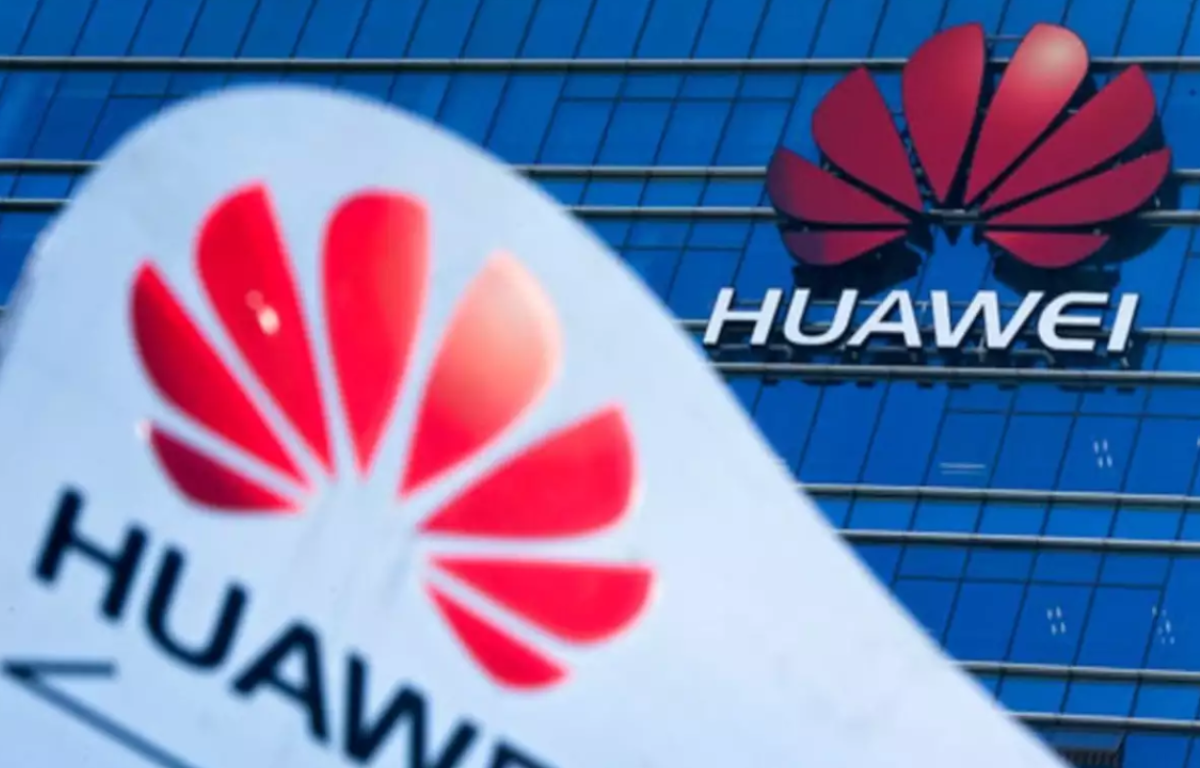
Meta, with its vast user base and extensive reach, has been at the forefront of combatting disinformation campaigns and influence operations. In a detailed report, the company revealed that it had removed a staggering number of accounts, pages, and groups linked to Chinese and Russian influence operations. While exact numbers weren’t disclosed, the scale of the takedown is indicative of the magnitude of the challenge that social media platforms face. This revelation sheds light on the ongoing battle against disinformation and the efforts of tech companies to safeguard their platforms from malicious actors. In this article, we’ll explore the implications of Meta’s announcement and delve into the broader context of influence operations in the digital age.
China has long been accused of engaging in state-sponsored influence operations, commonly referred to as “information warfare.” These operations encompass a range of activities, from spreading propaganda to conducting cyberattacks. Meta’s takedown included networks of accounts and pages that were involved in coordinated efforts to promote Chinese government narratives, especially related to sensitive issues such as Hong Kong, Taiwan, and Xinjiang. The goal of these operations is often to manipulate public perception and undermine dissenting voices.
Russia’s efforts in the realm of influence operations have been widely reported and documented. The country has been accused of interference in foreign elections, sowing discord among populations, and spreading disinformation on a global scale. Meta’s action against Russian-linked accounts and pages underscores the ongoing challenge of combating disinformation originating from the Kremlin. Russian influence operations frequently target divisive issues, amplifying existing tensions within societies.
Meta’s disclosure is just one example of how tech companies are grappling with the complex issue of influence operations. Influence operations are not confined to just China and Russia; they are a global phenomenon. Other nations, terrorist organizations, and even non-state actors engage in similar tactics to achieve their objectives.
The digital age has provided unprecedented opportunities for those seeking to manipulate public opinion. Social media platforms, with their vast user bases and algorithms designed to maximize engagement, have become fertile grounds for influence operations. Malicious actors exploit the echo chambers of the internet to spread propaganda, sow discord, and shape narratives.
Meta’s actions against Chinese and Russian influence operations highlight the increasing responsibility that tech companies bear in combating disinformation. These companies have invested heavily in artificial intelligence and machine learning to detect and remove fake accounts and malicious content. They also collaborate with law enforcement agencies and intelligence services to identify and disrupt influence operations.
Additionally, transparency initiatives have gained traction. Tech companies are increasingly transparent about the removal of accounts and content linked to influence operations. This transparency allows the public to better understand the scope of the problem and the actions taken to mitigate it.










Share this: